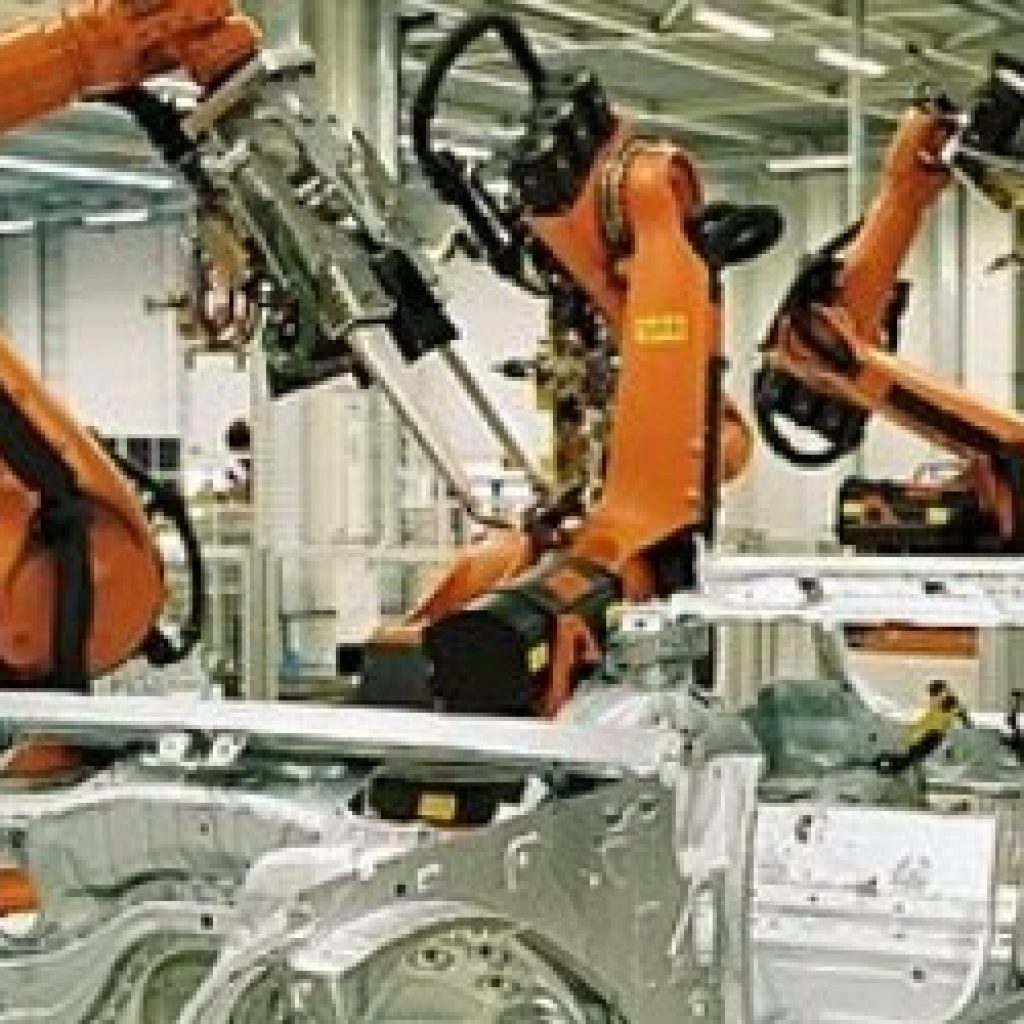(Manufacturing) Quantum computers have the ability to simultaneously process an exponentially larger range of values at the same time, when compared to classical computers. “It’s important to remember that comparing a classical computer to a quantum computer is essentially like comparing a candle to a lightbulb or bicycle to a jet plane. Quantum computing is a completely new paradigm shift that opens up a range of possibilities” says Vishal Shete, Head of Quantum Value Creation at Sia Partners.
Within manufacturing, when quantum computing’s predicted capabilities come to fruition, industries like aerospace and electronics could benefit from:
–Batteries that offer a significantly higher energy density
–Materials with more advantageous strength-to-weight ratios
–More efficient synthetic and catalytic processes that could help with energy generation or carbon capture.
Quantum for Design
In future, quantum computers could simulate component interactions within complex hardware systems. IBM predicts that this intervention could enable load paths, noise, vibration, and system loads to be calculated in a more precise and accurate manner. This kind of integrated analysis can optimise the manufacturing of individual components in the context of the overall system, reducing the cumulative impact of numerous individual safety margins and improving cost without sacrificing system performance.
Quantum for Control
Quantum computing, combined with machine learning, could impact manufacturing in the following ways:
Enabling faster optimisation runs by allowing production lines to perform optimisations more dynamically. This would be particularly useful for production flows and robotics scheduling of complex products where simulation and optimisation are computer-intensive.
Allowing manufacturers to go beyond the current limitations of the classical computational wall. While semiconductor chip fabrication already integrates simple multivariable analysis and machine learning into its processes, classical computing has hit a computational wall. Quantum could help overcome this bottleneck by analysing additional interactive factors and processes to increase production yields.
Offering the capability to analyse more complex software systems than classical computers could evaluate today. Software development relies on sophisticated software validation, verification, and fault analysis. Visual Capitalist notes that a high-end car could have 100 million lines of code, further highlighting the need to explore the potential for quantum.
Quantum for Supply Chain and Logistics
Quantum computing could potentially transform the supply chain landscape to optimise vendor orders and improve accompanying logistics using dynamic real-time decision-making.
Supply chains are evolving at rapid rates. The shift from linear models to a more responsive organic model based on real-time market demands and availability of key components creates real potential for quantum computing. Used alongside other technologies in the supply chain toolbox, quantum computing could accelerate decision making and enhance risk management, resulting in lower operational costs and a reduction in lost sales because of out-of-stock or discontinued products.
What Manufacturers Can Do Today:
The quantum landscape can seem intimidating at first. But rather than getting lost in rabbit holes, it is important to:
–Keep the focus on the problem types that can be enabled by this technology in the short, medium and long term, rather than getting overly tied up in the underlying technicalities.
–Keep an open mind to imagine and develop new use cases that can be made possible with this technology. Identify your highest-value problems and explore the potential applications of quantum for your specific industry.
–Work with partners to accelerate your knowledge, capability and results in this space. You could identify like-minded research labs, quantum technology providers, quantum application developers and coders, or educational groups.
Being late to the party may mean that organisations may have missed out on some of the gains that are possible. Value can be extracted today by applying early-stage quantum technologies to solve the appropriate real-world problems faced by manufacturers.
